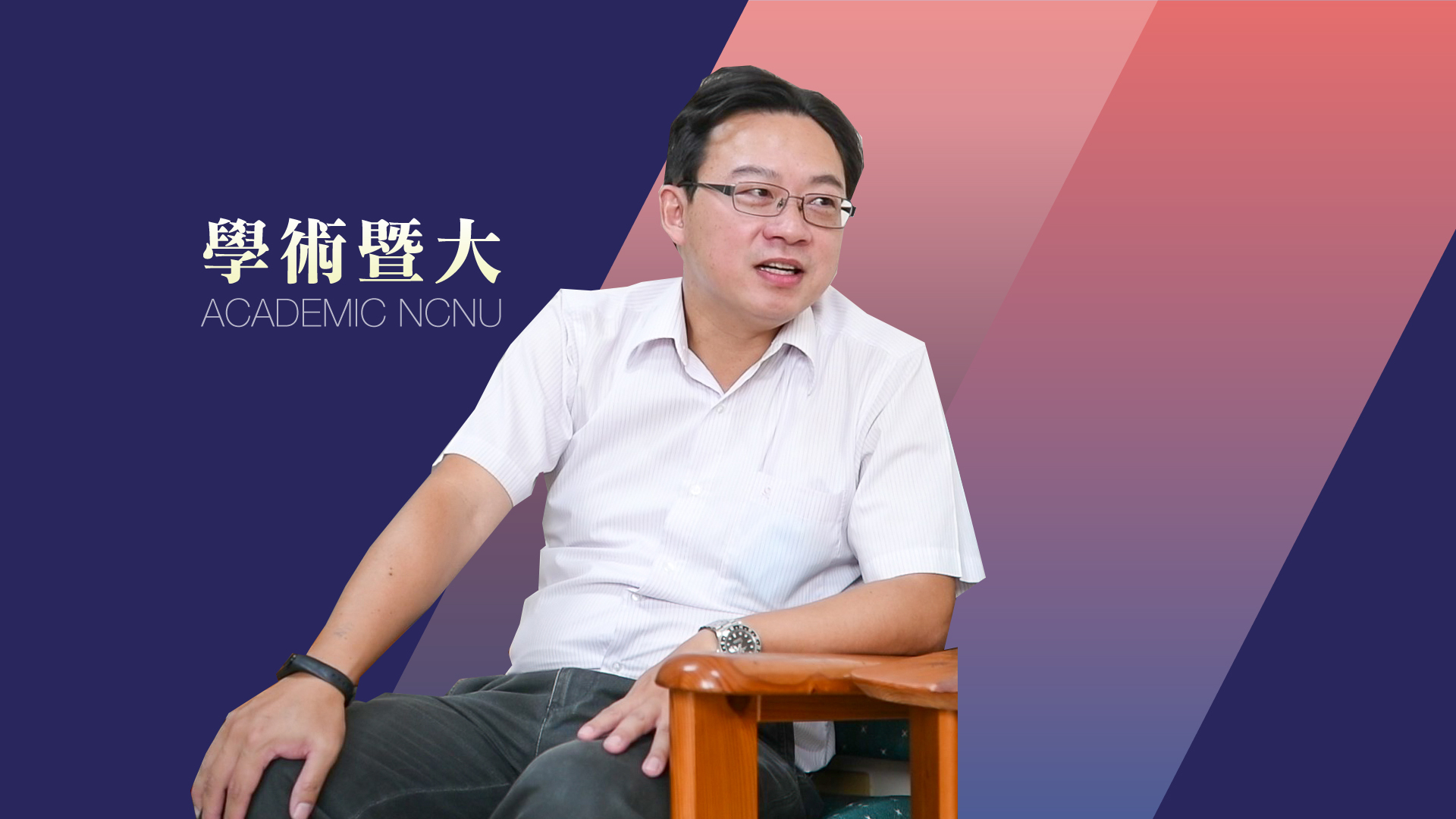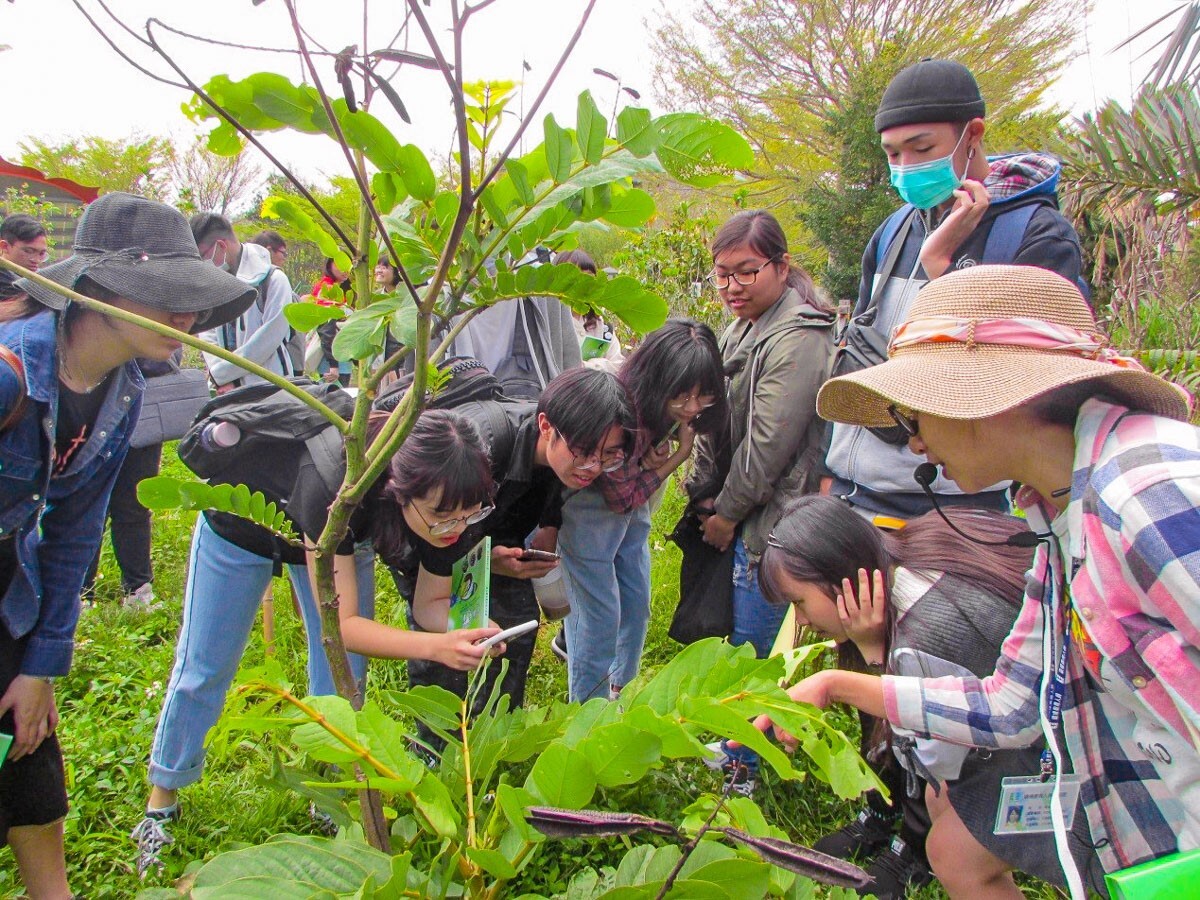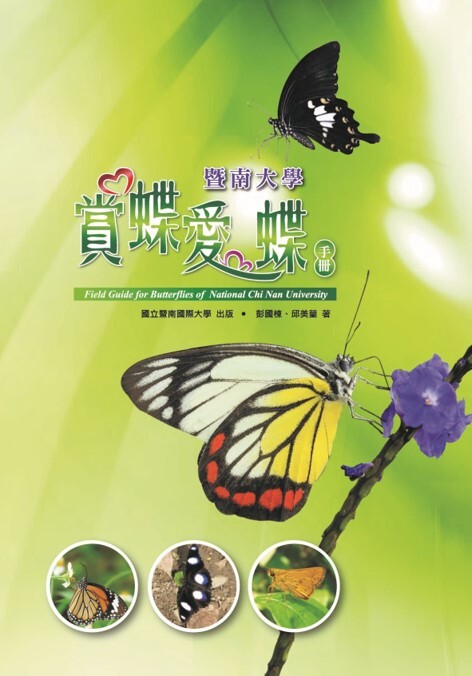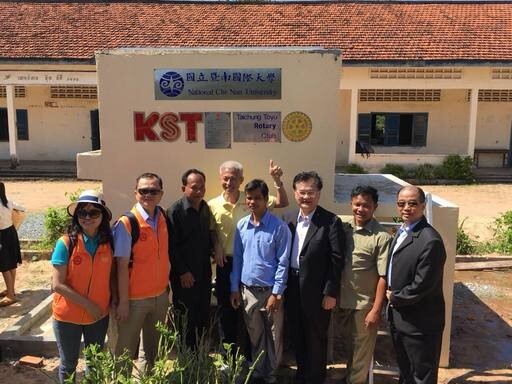Vanguard of environmental sustainability — Dr. Chen Ku-fan

Nantou County is the second-largest county in Taiwan by land mass, encompassing steep mountains, valleys and basins, and eight fault lines. Its placement within the nation’s western earthquake zone and unique natural terrain have fueled demand for stronger public infrastructure, disaster prevention, and environmental management strategies. Nestled among the mountains of Nantou, National Chi Nan University and its civil engineering department are heeding this call and developing new plans for safeguarding their homeland.
Having just started his 40s, Dr. Chen Ku-fan (陳谷汎) chairs the Department of Civil Engineering with a youthful passion that other tenured professors and full-time instructors at NCNU, who average 50.8 years of age, find infectious. A seasoned educator with stellar accomplishments in teaching, research, and administrative management, Chen’s familiarity with the latest issues in his field and his ease in navigating the media ecosystem have led to considerable breakthroughs in both implementation and publicity of project results.
Chen’s expertise in environmental engineering, especially a deep awareness of the underlying trends and interlocking variables, was shaped by the field research required by his collegial and graduate programs. From hiking up Dadu Plateau with classmates and setting up mouse traps to hunting for crabs by Dadu River during summertime, those unforgettable experiences taught him the foundational skills of on-site research and field investigation.
This experience paves the way for his contemporary approach towards organizing environmental engineering courses and educational activities, in which the first stage of planning is always dedicated to gathering ecological and pollution data. For example, a Ministry of Education subsidy helped the professor initiate a butterfly conservation program in partnership with the residents and tourism operators of Puli’s Wugong community, where unused land and sites have been transformed into healthy butterfly habitats to drive eco-tourism.
Such ingenious solutions stem from his other active professional role — director of NCNU’s Environmental Protection and Occupational Safety and Health Center. As part of efforts to elevate NCNU’s eco-conscious practices and boost its international rankings as a green university, Dr. Chen has retrofitted the Sun Pond (日池), which serves as an on-campus water reservoir, with specific plants and vegetation that offer honey and plentiful resources suitable for the butterfly species of the region.
Apart from enhancing the utilitarian value of the university’s infrastructure and using campus facilities as case studies in teaching, the professor also invited independent experts to partake in a total of 24 field surveys on university grounds, culminating in the 2019 publication of “NCNU’s Campus Guide to 112 Butterfly Species.” A scientific database of the biological diversity sustained by the campus is now in the works.


The civil engineering department covers five domains: structural, hydraulic, geotechnical, environmental, and transportation engineering. There are also plenty of opportunities to balance out theory with practical experience, as faculty members working on government research projects often take their students to construction sites to learn about landscaping the environment, preventing mudslides and minimizing earthquake damage, and constructing infrastructure for water resources.
The NCNU Department of Civil Engineering has also invested in cutting-edge resources such as a large-scale laboratory for conducting disaster-related experiments using basins that mimic rock and mud slides, equipment for processing field samples and measuring pollution markers, and nano trackers for monitoring underground sewage systems. Here, researchers also seek innovations in the fields of recycling, upcycling and remaking, and refining bio-degradable technology.
Dr. Chen notes that he has high expectations for his students, for civil engineering as a field is intertwined with national security and the safety of human lives. If freshmen and sophomore years are used to develop an extensive and foundational knowledge of the world, then students can advance to interdisciplinary courses or even select programs outside of their field by their third year in university, he adds. For cross-sector education is the key to attaining the communication skills required for facilitating dialogue and collaboration among all factions involved in civil engineering projects.
By bringing students to the actual construction site, Dr. Chen believes he can better demonstrate how the academic knowledge being imparted can be applied to the lifelong profession. Working with fellow CE professor Tsai Yung-pin (蔡勇斌), Dr. Chen brought their classes to Puli’s Taomi Village, where hostels and B&Bs were being outfitted with a simple wetland area for processing used water. Being on-site, as well as adjusting projected calculations based on field readings, will familiarize students with the real-life applications of the theorems and equations taught in class, he points out.
In 2017, he accompanied NCNU President Dr. Yuhlong Oliver Su on a university delegation to a small town northwest of the Cambodian capital Phnom Penh to set up a water-filtration system for a community of over 2,000 people. Upon arrival, Chen found out that the traditional rebar method used in Taiwan was highly unsuited to the Cambodian climate, which is characterized by polarizing wet and dry seasons. Subsequent brainstorming sessions led to the adoption of stacking filtration materials in large water towers made of stainless steel to overcome the unexpected challenge.

By building upon the experience gained from the Cambodian project, the professor was inspired to transform ground-level, cubic reservoirs into three-dimensional water towers that are stacked with layers of specialized rock materials to filter out sediments and other pollutants. Moreover, while engaging students to brainstorm over the aforementioned Sun Lake project for utilizing the campus reservoir for butterfly conservation, Chen cultivated a student team whose proposal for a mobile water-purification system went far beyond campus needs. He hopes to start applying their mobile model to rural places in Cambodia upon the end of the global coronavirus pandemic.
Inspired by the adage “exchanging time for time,” Chen has toiled in multiple roles on and off campus, including that of an inventor with five national patents. For example, his invention for a slow-release chemical cleanser that would not be affected by strong, underground sewage currents has attracted the interest of several notable manufacturers, including Formosa Plastics Corp. The cleanser is currently being promoted by the Soil and Groundwater Remediation Technology Alliance, a coalition of experts supported by National Chung Hsing University and the Ministry of Science and Technology, as well.
He has been instrumental in the school’s international expansion efforts as well, building upon the CE department’s reputation for academic and professional eminence to launch joint degrees with Vietnam National University Ho Chi Minh City - University of Science (VNUHCM-University of Science) and the University of Nevada. Researchers from Southeast Asia are also invited on half-year programs to spend time at NCNU’s mountainous campus and conduct deeper exchanges. As for himself, he’s mulling over taking a hiatus in 2024 and returning overseas for further studies; his last trip was in 2015, when he studied advanced oxidation processes with American electrochemists.
Guided by his sensitivity on environmental engineering topics, Dr. Chen has played an invaluable role in promoting the green advancements of NCNU, including the university’s standings as 45th on the UI GreenMetric World University Rankings compiled by the University of Indonesia, as well as 2nd on the University Social Responsibility list evaluated by CommonWealth Magazine for the year 2020. Additionally, Chen’s expertise was helpful in procuring government subsidies for solar-panel infrastructure, resulting in NCNU becoming one of Taiwan’s largest and self-equipped solar-powered sites with its green rooftop scheme. The government program currently offers NT$1 million in subsidies per year.
Cheered by the show of encouragement from both the government and neighboring communities, Dr. Chen has since been pursuing an memorandum of understanding with the Taiwan Institute for Sustainable Energy (TAISE) as well as recognition from Taiwan’s National Sustainable Development Awards. From compiling the research data to filling out the forms required, each step forward is a culmination of the team spirit that defines the NCNU community, says Dr. Chen, who wholeheartedly embraces his role in the university’s initiatives driving regional revitalization and sustainable development.
Write to Dr. Chen Ku-fan: kfchen@ncnu.edu.tw.

